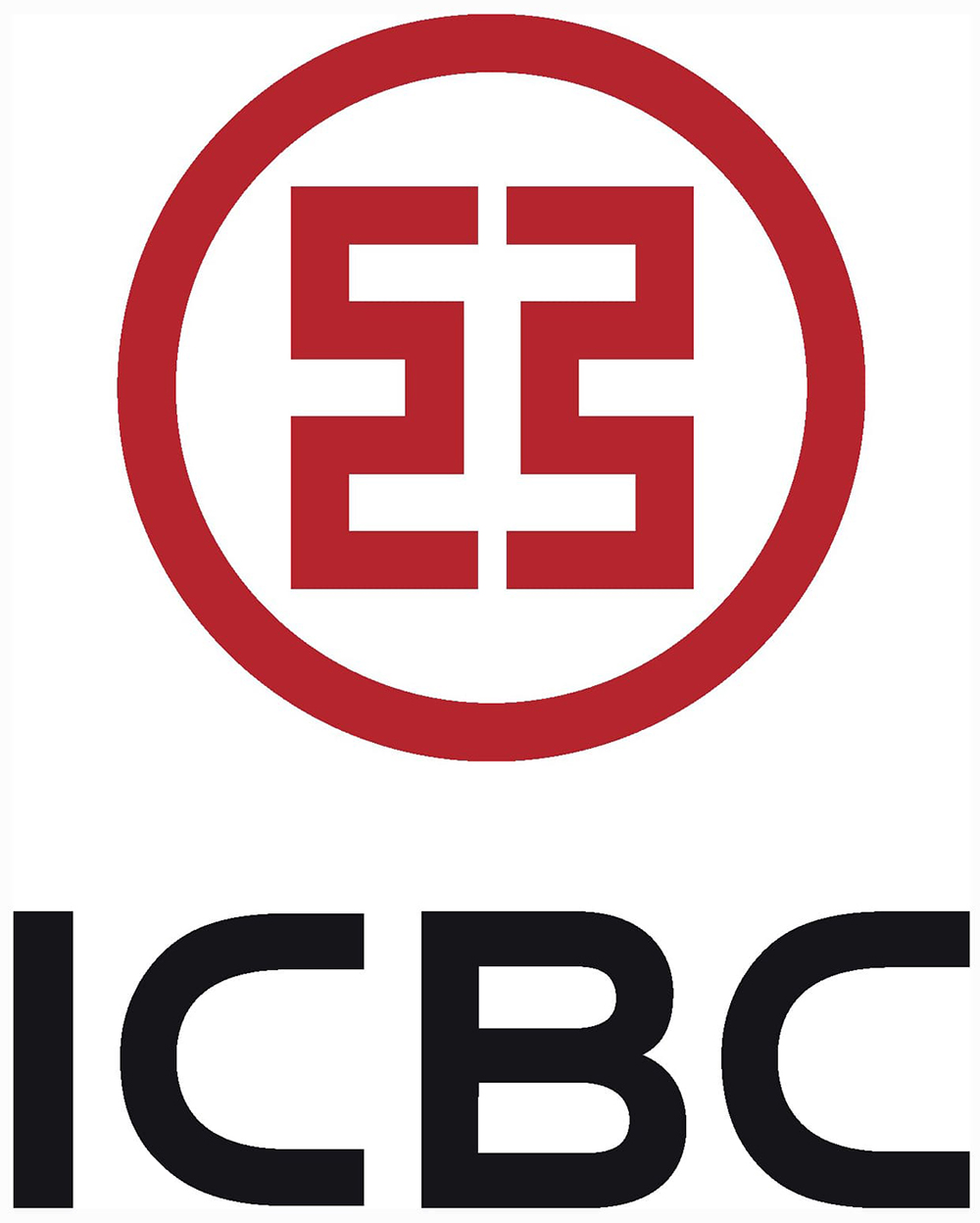China will aim to reach peak carbon emissions by 2030 and net-zero by 2060. As part of this wider effort to reach carbon neutrality, Industrial bank is developing its carbon finance products, promoting a sustainable ocean economy and protecting biodiversity in the region to positively impact the environment and society as a whole.
In 2021 the Chinese government set out its climate goals in its 14th Five-Year Plan (14th FYP), covering the years 2021-2025.
The plan, which addresses all three pillars of development – economic, social and environmental – also refers to long-term targets for 2035.
During this five-year period, China plans to implement its ecological strategy to reduce its environmental impact and focus on its transition to a green economy.
The green energy transition
As a ‘green bank’ Industrial Bank of China (CIB) has provided loan support to a number of renewable energy projects.
By the end of 2021, the bank’s total loan support to the renewable energy industry reached Rmb75.9 billion ($11.9 billion), an increase of Rmb36.4 billion ($5.7 billion) compared to the beginning of the year.
CIB contributed a total of Rmb3.68 trillion ($578 billion) in green financing, with a green financing balance of Rmb1.39 trillion ($218.1 billion); and it has provided services to 38,000 clients engaging in energy conservation and environmental protection.
The bank has also significantly invested in water pollution control, which is a key factor in the reduction of carbon emissions and has been recognised for its input in this area by project owners, local residents and other sectors of society.
By the end of 2021, the bank’s total loan support to the renewable energy industry reached Rmb75.9 billion, an increase of Rmb36.4 billion ($5.7 billion) compared to the beginning of the year.
CIB has also expanded its efforts in the conservation of the Yangtze River – in addition to supporting the protection and sustained ecological development of the Yellow River, supporting the environmental improvement of Dian Lake and Erhai Lake (both located in Yunnan Province) and other major lakes throughout China.
By the end of 2021, CIB had issued green loans totalling Rmb323 billion ($50.7 billion) for the Yangtze River Basin and Rmb124.3 billion ($19.5 billion) for the Yellow River Basin.
Furthermore, the bank has launched a range of green products, including pollution rights mortgage loans, carbon asset pledge loans, forest ownership pledge loans, water conservation loans, green innovation loans and a variety of other products to meet the diversified financing needs of customers.
Carbon finance
CIB, which was the first financial institution in China to adopt the Equator Principles, has long been a provider of carbon-related finance. As early as 2007, CIB began studying the international carbon market and in July 2021, China launched its national carbon emissions trading scheme (ETS) to help meet emissions reduction goals.
CIB has been gradually improving its business in three key areas: basic financial services; carbon finance product innovation; and trading and market making in the carbon market.
The bank is the first institution in China to independently develop a range of carbon asset evaluation tools and to provide international carbon finance products and services before, during and after carbon transactions.
In addition, CIB has issued China’s first carbon sink loan, which included the first batch of carbon-neutral bonds, merger credit financing plan, the first equity contribution-based carbon-neutral debt, the first carbon-neutral bond index structured deposit in China, and the first green trust secured by carbon emission rights in Fujian.
To date, CIB has issued 29 carbon-neutral debts, with an underwriting amount of Rmb19.2 billion ($3 billion), ranking top in the country among joint-stock banks.
On the day of the opening of the ETS, CIB branches in Hangzhou and Harbin provided carbon emission quota pledge loans of Rmb10 million ($1.6 million) and Rmb20 million ($3.1 million) to a Zhejiang-based green energy company and a Heilongjiang-based cogeneration company, respectively.
The loans were the first batch of carbon emission quota pledge loans to be issued by financial institutions since the opening of the ETS.
The marine economy
In December 2021, the State Council approved in principle the Marine Economy Development Plan for the 14th Five-Year Plan (14th FYP) period to enable China’s marine industry to boost innovation and promote the conservation and development of marine resources.
As China pursues its goal to become a maritime power, blue bonds are expected to become an important financing tool to support the sustainable development of the global marine economy.
CIB is driving innovation in blue finance and actively exploring a new blue-green development model.
In 2020, for instance, CIB underwrote water services company Qingdao Water Group’s Rmb300 million ($47 million) bond issue, to fund seawater desalination projects. The three-year bonds were the first blue bonds issued in China and also the first blue bonds issued by a non-financial enterprise.
Since the underwriting of the first blue bonds, CIB has become the first Chinese joint-stock bank and the first bank in Fujian province to successively launch its first overseas blue bonds.





